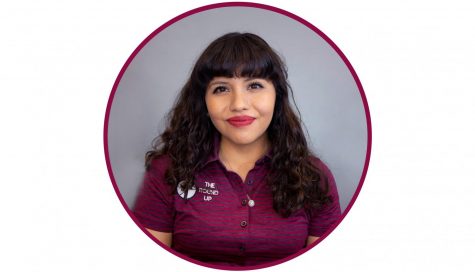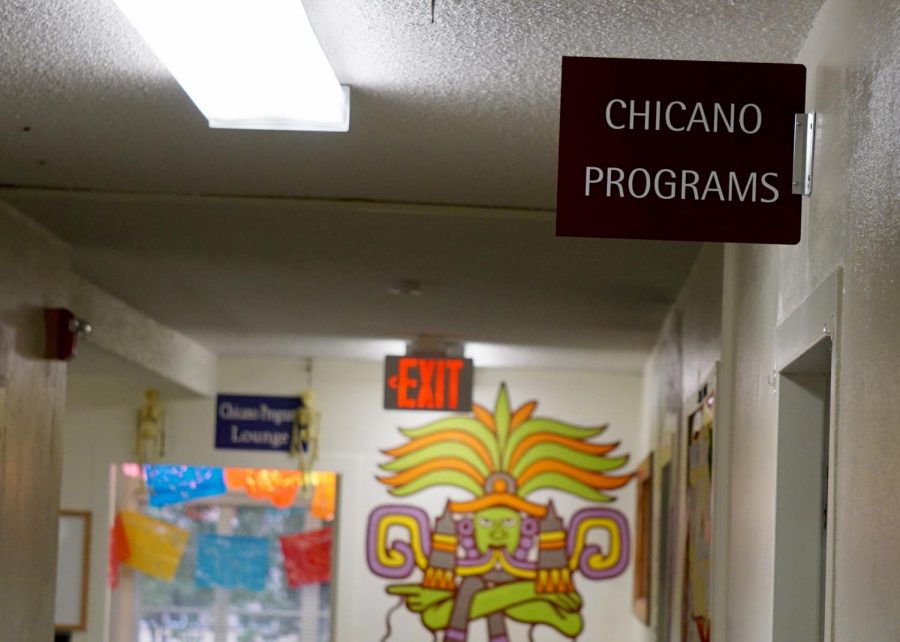NMSU student programs work to combat effects of DACA rulings for students

More stories from Marianne Salas
The Chicano program at NMSU has seen an uptick of students reaching out to their offices since the DACA ruling in Sept. 2017.
It has been more than a year since the Trump administration made the decision to phase out the Deferred Action for Childhood Arrivals program on September 5, 2017.
For undocumented immigrants that meet DACA’s qualifications, the program postpones deportation for two years and allows them to become eligible for a work permit. The program also grants renew-ability, an aspect that has been challenged in the federal courts following the phasing out of the DACA program.
According to the National Immigration Law Center, though the Supreme Court has been reluctant to accept a case regarding DACA, lower federal courts have required the U.S. Citizenship and Immigration Services to continue its acceptance of DACA renewal applications. The DACA program, however, remains at the will of Congress.
Laura Gutiérrez-Spencer, the Director of the Chicano programs at New Mexico State University, said that since the DACA program has ended, more students have reached out to her office, whether it has been to ask questions or seek counseling. Those with legal questions are referred to qualified immigration attorneys.
In talking with students and others in the community, Spencer said that there has been a lot of anxiety and fear. From professors, Spencer has heard that students who are not DACA recipients and are not affected by DACA have also been stressed over worry for friends that are. Both parties feel as if they are not in control.
“There have been raids in the local community. It’s hard to study and succeed when you’re fearful, when every time you drive to the grocery store or drive across town you’re afraid that you’re going to be stopped,” Spencer said.
Spencer attributes this fear to agencies like the U.S. Customs and Border Protections and Immigration and Naturalized Service having such a high profile in the borderland region.
In regards to student enrollment and how it may have been affected by the phasing out of DACA, Spencer notes that data is not collected on who is a DACA recipient and who is undocumented.
For Spencer and the rest of the staff, counseling and listening plays a big role in helping students. The Chicano Programs office is a confidential space, and neither Spencer or any of her staff discloses the status of a student’s residency to anyone.
Though the Chicano Programs specializes in the support of Hispanic domestic students, it intends to empower all student success through education, advocacy, and the development of cultural literacy.
The Chicano Programs is home to several organizations such as the Hispanic Council, Kappa Delta Chi, and the Society of Professional Hispanic engineers. Staff members work with students in helping them navigate through college, primarily within their first year, and assist them in finding and applying for scholarships.
Since 1992, the Chicano Programs has worked closely with the Immigrant Student Issues Committee, which advocates primarily for undocumented immigrants.
Together, they put on training involving key figures in admissions, financial aid, and community college personnel. The training also attempt to reach out to the local school districts and the Las Cruces community, inviting principals, teachers, guidance counselors, students and parents to attend.
“The training are for NMSU staff and faculty. Admissions officers and financial advisers need to be trained especially,” Spencer said.

Marianne Salas is a senior at NMSU pursuing a double-major in English and Government with a supplementary major in Law & Society. She will be attending...

